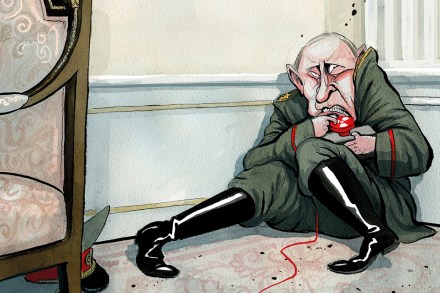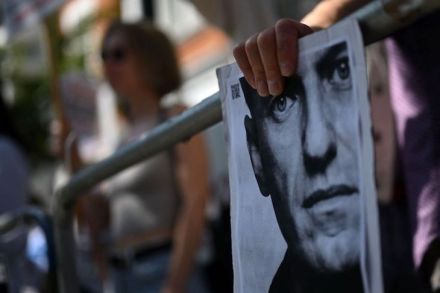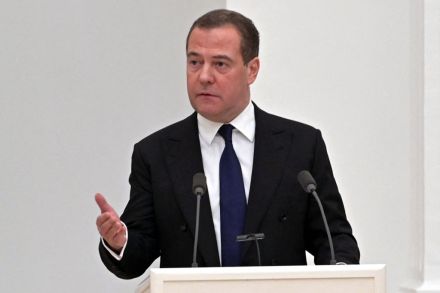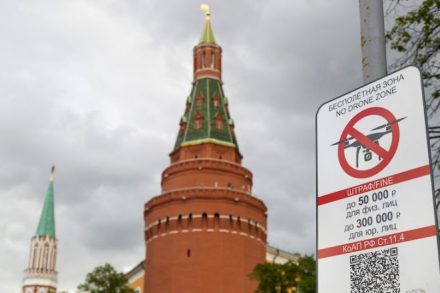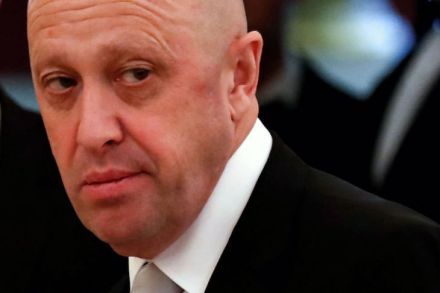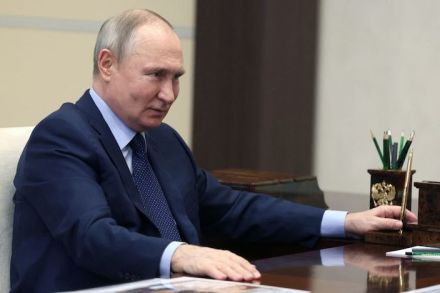Where’s Putin? The Russian leader is losing control
‘Does Putin even still exist? Where is he anyway?’ asked Igor Strelkov, former minister of defence of the self-declared Donetsk People’s Republic last month in one of the regular video rants he publishes on his Telegram channel. It’s a good question. Since 3 May, the Kremlin has been struck by two Ukrainian drones while up to 30 more have fallen among the billionaire dachas of Russia’s elite along the exclusive Rublevo-Uspenskoe highway. Anti-Putin Russians attacking from Ukraine have seized at least eight villages in Belgorod province, capturing Russian soldiers and sending drones to hit the regional capitals of Belgorod, Voronezh and Kursk. Russia’s Wagner mercenary group captured and beat up
